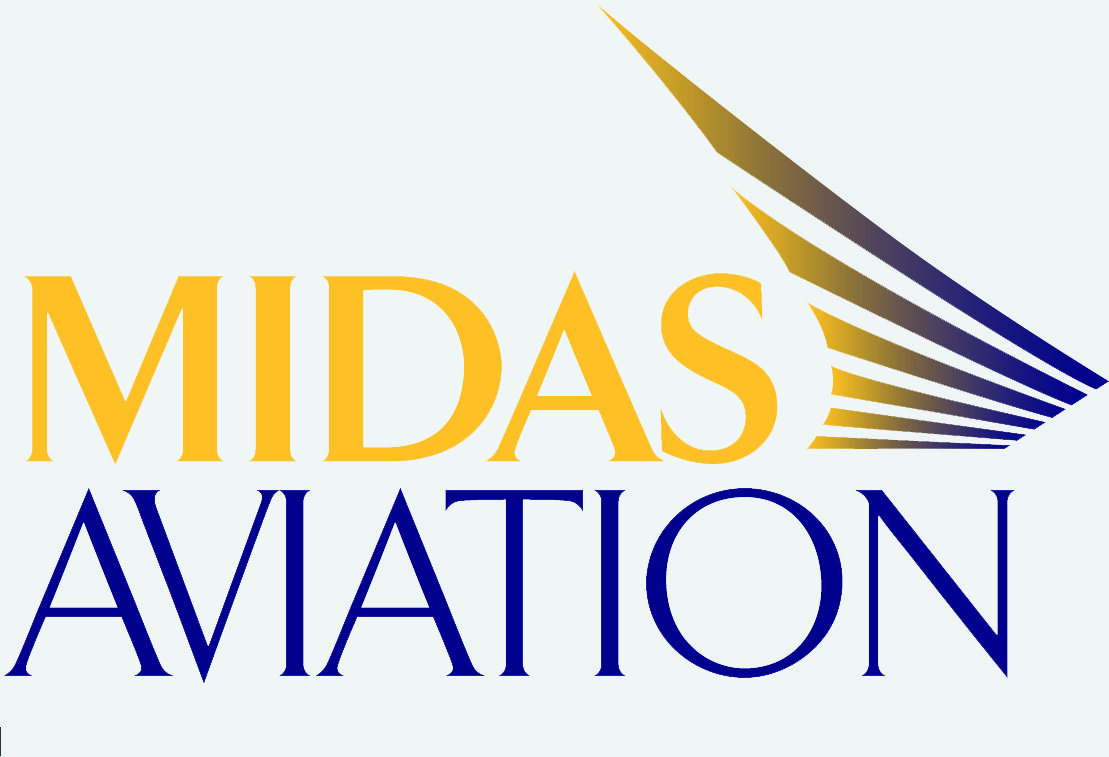WHOSE RISK IS IT ANYWAY?
Can I get a refund, please?
Yesterday UK consumer watchdog Which? reported that they had asked the UK’s top 10 package holiday providers and the Top 10 airlines to explain their policy on refunds. According to Which? not one was consistently meeting their legal requirements to refund customers within the statutory timeframe.
Like many consumers reaching for the news on their mobiles as they woke up yesterday morning, I read this with frustration. I’ve been helping my daughter in trying to reach British Airways to claim a refund on a flight she couldn’t take as Spain was in lockdown. As others will have experienced, we simply do the merry-go-round of recorded messages.
Risk Registers and Governance
As a geeky member of the awkward squad, and having had Board-level roles, I found myself last week trawling through the 2019 British Airways Annual Report to see whether this situation was a risk they had considered. And I found they had. Here is the relevant wording from the section on risks (my emphasis):
Event causing significant network disruption
An event causing significant network disruption may result in lost revenue and/or additional costs if our customers or employees are unable to travel. Example scenarios include persistent failure of the ATC services, industrial action, war, civil unrest or terrorism, closure of airports or airspace, major failure of the public transport system, the complete or partial loss of the use of terminals, adverse weather conditions, or pandemic. Management has business continuity plans to mitigate this risk to the extent feasible. The significant level of ATC strikes in Europe over the summer period impacted the airline’s operational performance. Response plans to manage and reduce the impact on BA’s customers and operations have been put in place.
British Airways 2019 Annual Report, p11
It’s good to know that BA had considered pandemic as a risk, though hard to tell the extent of their preparedness. A colleague suggested they couldn’t possibly have been prepared for what we are going through, but what is a pandemic if not this?
As long as airlines fail to refund passengers, as required by law, they are passing part of their costs associated with the pandemic to the consumer. For the airline this may be a rational choice which is aimed at business survival. For the consumer, taking on some of the risk associated with pandemic was never clearly part of their transaction with the airline.
By coincidence, a couple of days ago I had also seen an article by Professor Carol Adams, Professor in Accounting at Durham University[1]. She has been examining how airlines have been reporting risk and how global pandemics such as COVID-19 fit in to this. She suggests that there are serious cracks in the risk reporting taking place and a head-in-the-sand approach to corporate governance.
Financial risks and risks to reputation are taken more seriously than non-financial risks, including the risk of pandemic or, dare I say, climate change.
No-one should be able to accuse the airlines of not knowing the risks. Pandemic, after all, sits at or near the top of the UK Risk Register. So why are airlines unprepared to the extent that they feel they can pass some of the risk to the consumer, or indeed the government? I assume this is about competitive behaviour and moral hazard: If an airline believes that its competitors are not going to prepare for the risk, then costly preparations will put them at a competitive disadvantage. Furthermore, if they think that ultimately the government will step in in the event of ‘the big one’ where is the incentive to ensure that the business can manage this sort of out-of-the-ordinary risk?
The regulatory response to the new normal
The irony now is that it may well be those airlines that have paid the most attention to costs and cash that will be most resilient and able to weather this storm – with or without government support. The short-term planning horizon of many businesses which prioritise shareholder dividends over building cash reserves have left many airlines with few options. It appears that perhaps the best risk mitigation for those devasting ‘black swan’ events may simply be to focus on the financial stuff after all.
Across the industry we are all speculating what the ‘new normal’ will look like. It wouldn’t be unreasonable to expect to see renewed efforts to regulate airlines which include enhanced consumer protection, requirements for more financial liquidity and a greater willingness to allow airlines to fail.
-Becca Rowland
[1] https://www.dur.ac.uk/research/news/item/?itemno=41473

